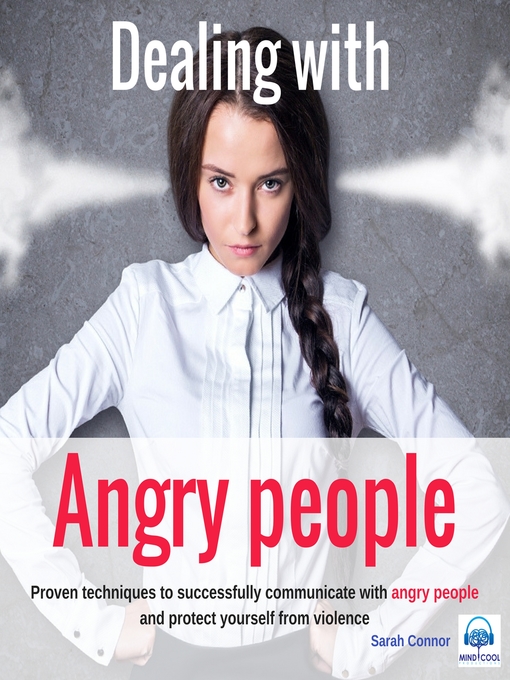This audiobook will equip you with proven techniques to successfully communicate with angry people and protect yourself from violence. Have you ever been angry? I'm sure you have. How did it feel? What caused it? Did you lash out physically at furniture or people or just fume quietly? Have you ever experienced an angry customer, or patient, or family member and been at a loss as to how to calm things down? Upon reflection have you maybe sometimes escalated the anger in the other person by arguing or speaking over or interrupting their angry rant? Have you ever seen someone reach a point where they do kick furniture about or even raise a hand to strike you? This audiobook is designed to give you an understanding of what anger is and when encountered in someone else what to do and what not to do to calm things down and reach a more rational way forward.
Psychologists recognise three types of anger: 1. There is hasty and sudden anger often connected to the impulse for self-preservation. It is shared by human and other animals, and it occurs when the animal, the person, is tormented or trapped. 2. Then there is the more common settled and deliberate anger possibly a reaction to perceived deliberate harm or unfair treatment by others. 3. And finally, dispositional anger often related more to character traits than to instincts or cognitions. Irritability, sullenness and churlishness are examples of this
.In this audiobook we will be focusing mostly on type 2 where the anger is settled and deliberate, possibly a reaction to perceived deliberate harm or unfair treatment. Of course you may encounter all three types. Some examples of the type 2 kind of anger might include a customer, who is complaining about the standard of the product they have purchased, or the householder who is angry at the engineer who is trying to get their electricity supply back on, or their heating repaired on a cold winter's day. Whether they are right or wrong, their perception is that you or your organisation is to blame and they will vent their anger and hopefully not their violence, on you. You might work in a shop, or a bank, or you might be a social worker visiting your clients at their homes? You might be a nurse or Doctor dealing with unruly patients in Emergency on a Saturday night, or a police officer for whom the angry person is a frequent occurrence. Whatever your role in life you are going to encounter an angry person at some point. Be prepared. The H.E.A.R.T system used by courtesy of Mindcool Author: Alan MacQuarrie

